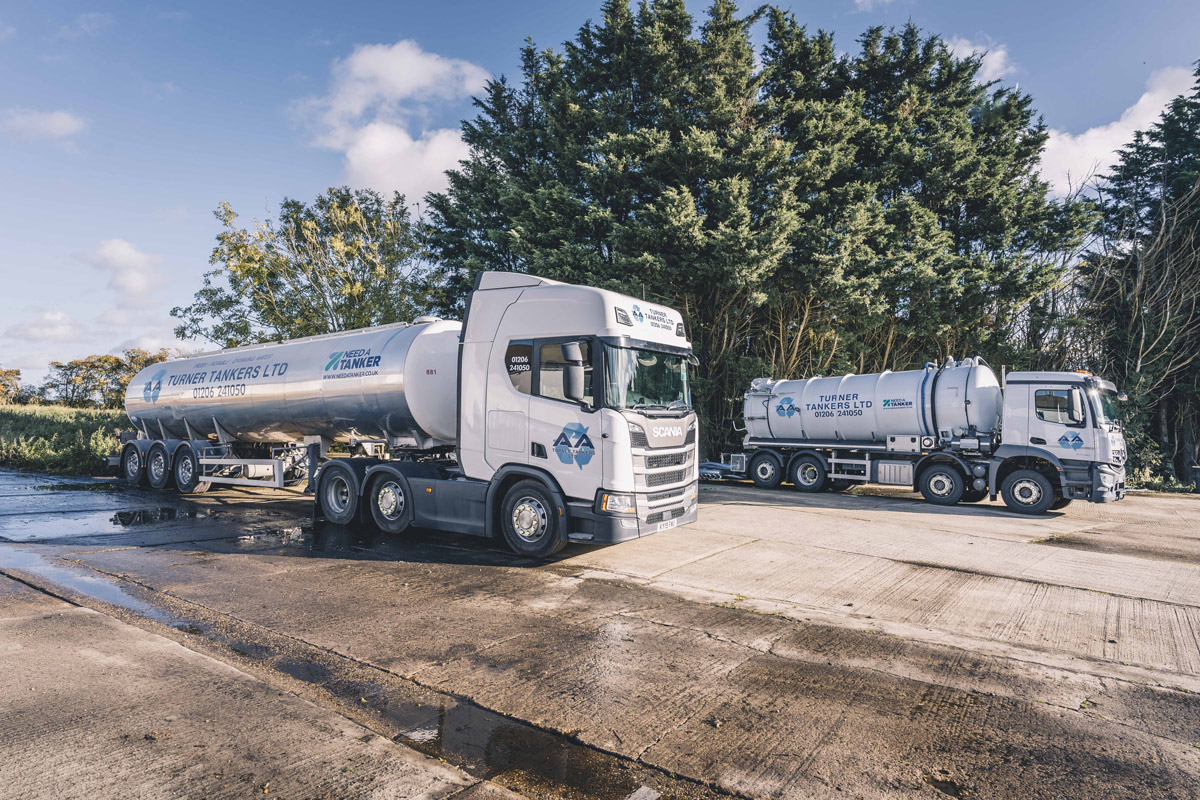The Best Strategy To Use For Reclaim Waste
The Best Strategy To Use For Reclaim Waste
Blog Article
The Best Guide To Reclaim Waste
Table of ContentsRumored Buzz on Reclaim WasteThe Greatest Guide To Reclaim WasteAll About Reclaim WasteReclaim Waste Can Be Fun For EveryoneThe Ultimate Guide To Reclaim Waste
Check out the kinds, events, and kinds of fluid waste. Domestic sewer waste refers to the waste and items from a household septic system. This kind of waste is created by human beings in homes, colleges, and various other buildings. This only includes septic systems that have a drain area. The proper management and disposal of domestic sewage waste need fluid waste to be moved to a sewer treatment plant where the correct techniques and equipment are related to detoxify and deal with waste.
Business waste usually includes possible threats, such as flammable materials or a mixture of liquid and solid waste products, and needs an advanced and in-depth disposal procedure. The disposal of business waste usually includes the purification of waste before transportation to ensure safe and appropriate disposal. Hazardous waste is created from byproducts and runoff of industrial processes and production.
This sort of waste can not use the same sewage management transportation or processes as septic or industrial liquids. The industrial waste management process calls for the evaluation and testing of liquid waste prior to it undertakes the disposal procedure (liquid waste removal). Runoff waste is the fluid waste that originates from overflow and excess stormwater in extremely inhabited areas or cities
Drainage waste can trigger contamination and flooding if not taken care of appropriately. Making certain correct waste monitoring can protect against calamities and reduce ecological damage.
What Does Reclaim Waste Mean?
Contact PROS Services today to discover our waste administration and disposal solutions and the proper ways to look after the fluid waste you produce.
(https://experiment.com/users/reclaimwaste1)Do you recognize what occurs to your water when you pull the plug, flush the commode or drain the washing device? No? Well, it deserves knowing. This supposed 'wastewater' is not just a crucial source yet, after treatment, will be released to our land, rivers or the ocean. Made use of water from toilets, showers, bathrooms, kitchen area sinks, laundries and commercial processes is understood as wastewater.

water utilized to cool down machinery or clean plant and equipment). Stormwater, a form of wastewater, is runoff that moves from agricultural and metropolitan locations such as roof coverings, parks, gardens, roads, paths and seamless gutters into stormwater drains, after rain. Stormwater moves unattended directly to neighborhood creeks or rivers, at some point reaching the ocean.
The Only Guide for Reclaim Waste
In Queensland, the majority of wastewater is treated at sewage treatment plants. Wastewater is transported from residential or commercial sites via a system of drains and pump terminals, called sewage reticulation, to a sewer treatment plant. City governments develop, preserve and operate most sewer therapy plants. Operators are certified under the Environmental Security Act 1994 to release treated wastewater at an acceptable ecological standard into waterways.
The Division of Natural Resources suggests city governments about handling, operating and maintaining sewerage systems and treatment plants. In unsewered locations, regional governments may require homeowners to install individual or household sewer treatment systems to treat domestic wastewater from commodes, cooking areas, bathrooms and laundries. The Division of Natural Resources authorises using family systems when they are verified to be effective.
A lot of stormwater obtains no therapy. In some brand-new class, treatment of some stormwater to remove clutter, sand and gravel has begun using gross toxin catches. Wastewater therapy occurs in four stages: Gets rid of strong matter. Bigger solids, such as plastics and other objects wrongly discharged to drains, are gotten rid of when wastewater is travelled through displays.
Wastewater after that streams into huge tanks where solids work out and are removed as sludge. Grease and scum are skimmed from the surface. Utilizes small living microorganisms called micro-organisms to break down and remove remaining liquified wastes and great particles. Micro-organisms and wastes are incorporated in the sludge. Removes nitrogen and phosphorus nutrients that might trigger algal blossoms in our waterways and threaten water life.
The Only Guide for Reclaim Waste
Nutrient removal is not readily available at all sewer therapy plants because it calls for pricey specialist devices. Clear liquid effluent generated after therapy might still contain disease-causing micro-organisms - liquid waste removal.

This he said generally means wastewater has actually to be dealt with or impurities gotten rid of before it can be discharged to waterways. Many wastewater streams into the sewerage system. Under the Act, neighborhood governments administer approvals and licences for ecologically appropriate activities (Periods) including wastewater releases that could have a local effect. The department provides approvals and licences to ERAs entailing wastewater releases that could have a local or statewide influence.
The Main Principles Of Reclaim Waste
Surveillance provides factual info about water high quality and can verify that permit conditions are being satisfied. The info acquired with monitoring provides the basis for making water high quality decisions.
Report this page